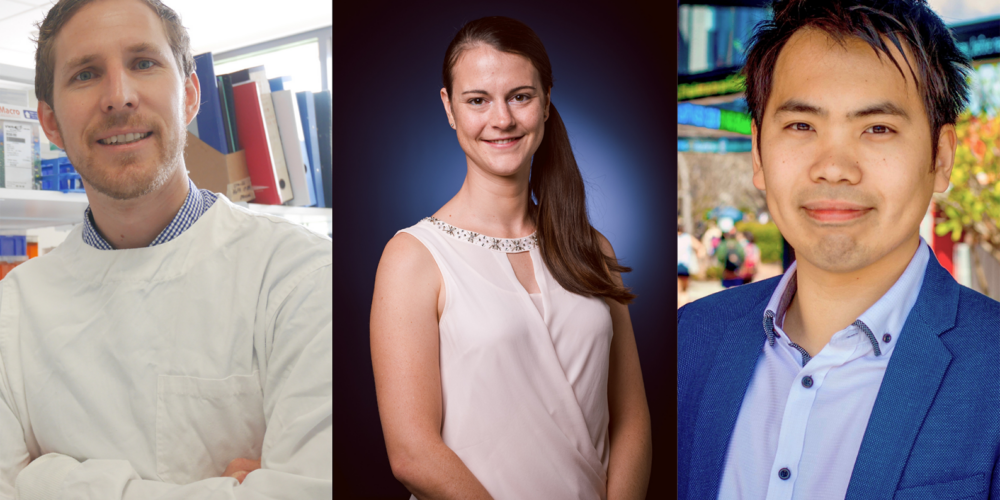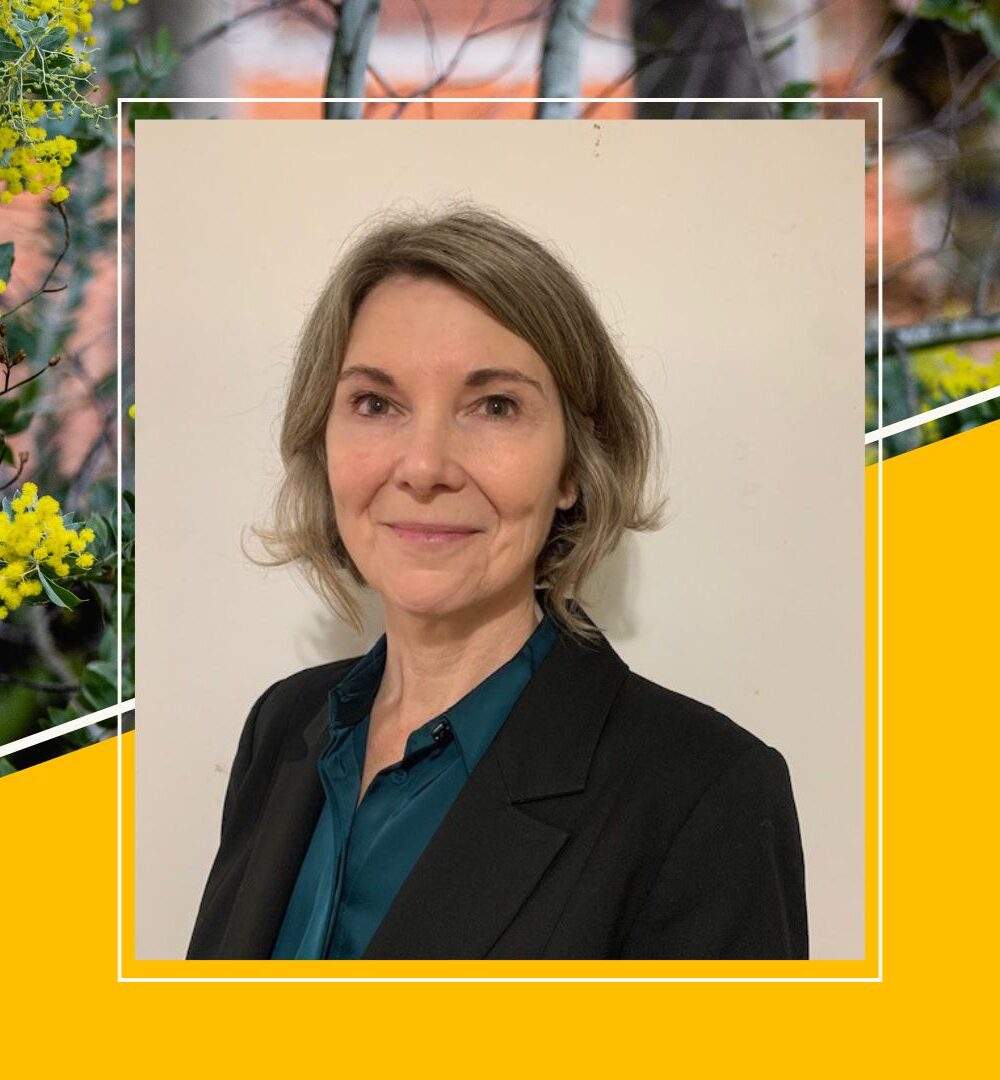Talented Curtin trio win WA Young Tall Poppy Science Awards

Three Curtin University researchers have been recognised in the Western Australian Young Tall Poppy Science Awards, for their research achievements and enthusiasm as ambassadors for science outreach and communication.
Planetary scientist Dr Eleanor Sansom, from Curtin’s Space Science and Technology Centre, analytical chemist Dr Mark Hackett from Curtin’s School of Molecular and Life Sciences and the Curtin Health Innovation Research Institute and marketing and consumer psychology researcher Dr Billy Sung from Curtin’s School of Management and Marketing were among seven outstanding winners of this year’s WA Young Tall Poppy Science Awards.
Curtin University Vice-Chancellor Professor Harlene Hayne congratulated the three Curtin Tall Poppies on being honoured by the Australian Institute of Policy and Science.
“To see the achievements and contributions of these three young researchers across such varied academic disciplines is incredibly pleasing,” Professor Hayne said.
“Their accomplishments are testament to their tireless dedication to research and their passion for spreading the word about science and helping to inspire others.
“These Awards are widely considered to be an early indicator of Australia’s future scientific leaders and we are particularly proud that Dr Sansom, Dr Hackett and Dr Sung have been recognised for their enthusiasm for communicating science beyond the walls of the University.”
Dr Sansom researches the origins of our solar system by studying meteors. Her work predicts where meteorite fragments might land and she has led field trips to recover rare samples now held by the WA Museum. Dr Sansom is also on the mission science team for NASA’s Insight lander on Mars and recently led the scientific observation campaign in South Australia for the Japan Aerospace Exploration Agency Hayabusa-2 sample capsule. She has given many school talks and public lectures and helped develop and deliver the Fireballs in the Sky outreach program, which was awarded the Australian Museum Science Eureka Prize for Innovation in Citizen Science in 2016.
Dr Hackett is the Deputy Domain Lead of the Curtin Health Innovation Research Institute (CHIRI) Neurodegenerative Diseases Domain. He uses a powerful X-ray microscope (the ANSTO-Australian Synchrotron) to develop methods to enable neuroscientists to gain valuable new insights into how the brain works, including chemical pathways that may link metal ions to brain disease such as Alzheimer’s disease. An enthusiastic science communicator, Dr Hackett was the 2017 RACI Bayliss Youth lecturer for Perth, regional South-West WA and the Northern Territory, and has been involved with many secondary education STEM outreach programs.
Dr Sung’s research explores the application of consumer neuroscience techniques such as eye-tracking, facial expression, and brainwave analyses to help inform the design of effective marketing communications, product design, corporate social responsibility initiatives, behavioural change techniques, and teaching innovations. Dr Sung leads the Consumer Research Lab at Curtin and his extensive public engagement has spanned mainstream media, public lectures, industry talks, community events and secondary school visits.
The Tall Poppy Campaign recognises and celebrates Australian intellectual and scientific excellence, aiming to make a significant step towards building a more publicly engaged scientific leadership in Australia.
For further information on the Young Tall Poppy Science Awards, please visit: https://aips.net.au/tall-poppy-campaign/



